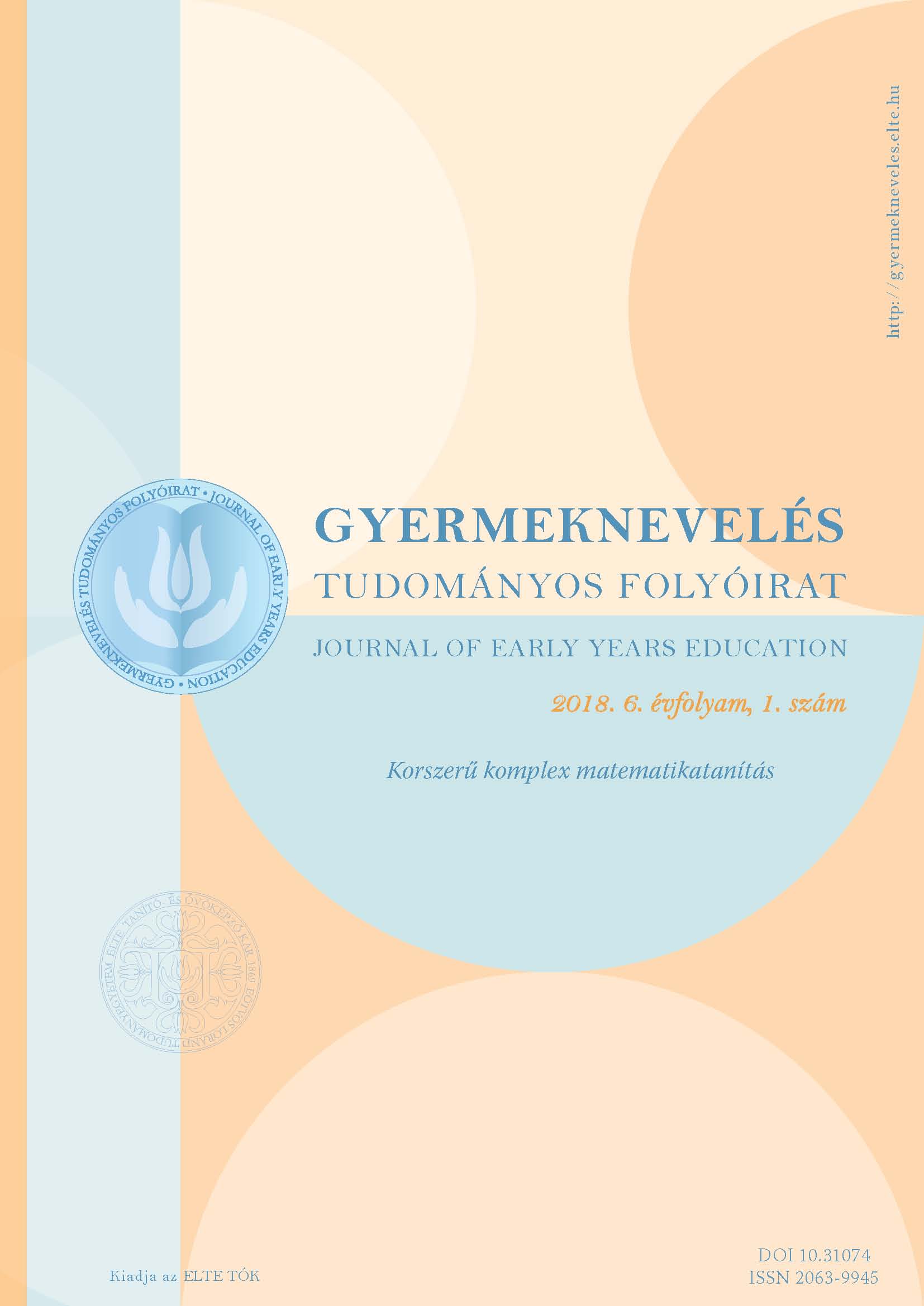Elements for the Pedagogical Assessment of Dyscalculia
DOI:
https://doi.org/10.31074/gyn201812454Keywords:
numeric systems, partial abilities, differential diagnosis, special education approach, relevance of therapyAbstract
The Pedagogical Assessment of Dyscalculia (PAD) is a special educational testing method. It is the renewed version of the Dékány–Juhász method devised by the team of dyscalculia experts from ELTE GYOSZI (Special Educational Service of Eötvös Loránd University). It is also based on the findings of current neuropsychological researches. The concept of PAD is based on the assumption that the numeric and other non-mathematical-specific systems (partial abilities) which is a part of calculation may indicate dysfunction in different ways and on different levels. The tasks in the test are aligned with the developmental stages matching the given age of the child. By relying on the method of error analysis and on the use of objective criteria, the overall results indicate those typical mistakes which are indicative of the dyscalculia. It also provides eventuality for further inspections of other partial abilities and the cognitive compensatory strategies. The individual tests may provide the possibility of differentiating between the developmental dyscalculia (serious learning disability) and learning difficulties and other possible issues. As a result of this it becomes possible to create an individual development plan (therapy).
Downloads
Downloads
Published
How to Cite
Issue
Section
License
Copyright (c) 2018 Author

This work is licensed under a Creative Commons Attribution-NonCommercial-ShareAlike 4.0 International License.

